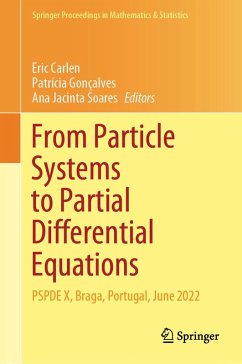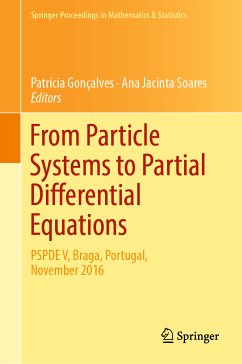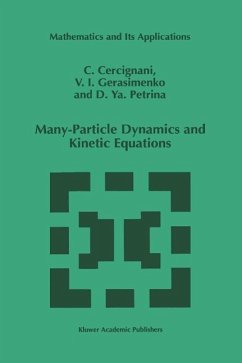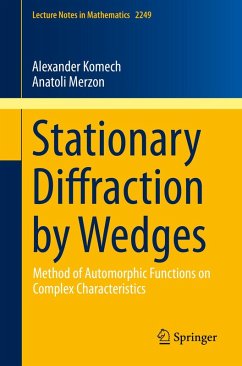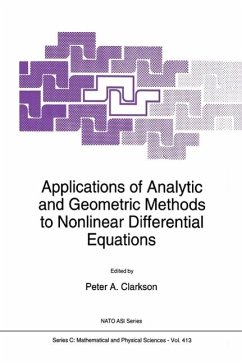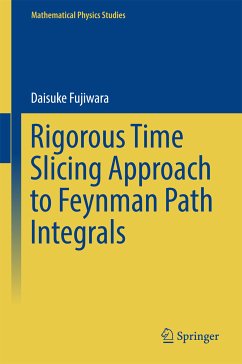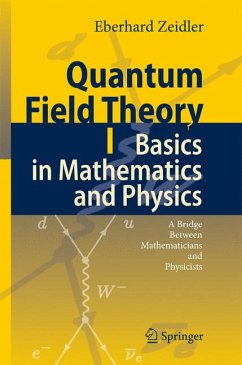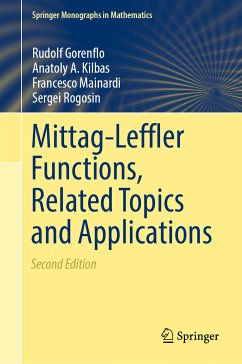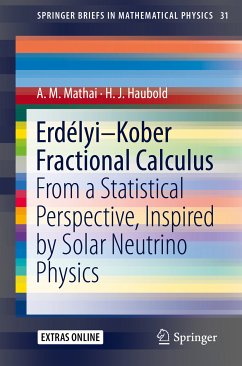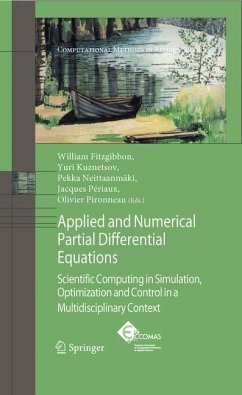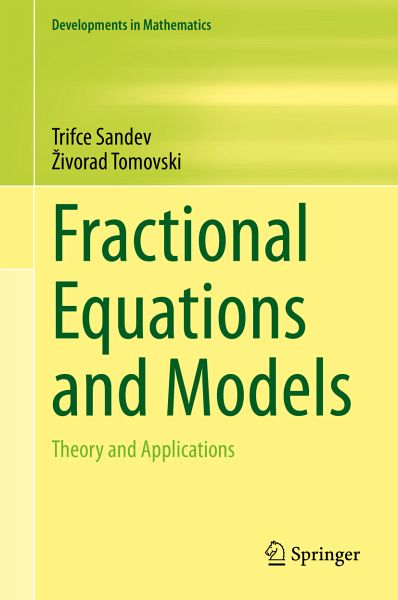
Fractional Equations and Models (eBook, PDF)
Theory and Applications
Versandkostenfrei!
Sofort per Download lieferbar
96,95 €
inkl. MwSt.
Weitere Ausgaben:

PAYBACK Punkte
48 °P sammeln!
Fractional equations and models play an essential part in the description of anomalous dynamics in complex systems. Recent developments in the modeling of various physical, chemical and biological systems have clearly shown that fractional calculus is not just an exotic mathematical theory, as it might have once seemed. The present book seeks to demonstrate this using various examples of equations and models with fractional and generalized operators. Intended for students and researchers in mathematics, physics, chemistry, biology and engineering, it systematically offers a wealth of useful to...
Fractional equations and models play an essential part in the description of anomalous dynamics in complex systems. Recent developments in the modeling of various physical, chemical and biological systems have clearly shown that fractional calculus is not just an exotic mathematical theory, as it might have once seemed. The present book seeks to demonstrate this using various examples of equations and models with fractional and generalized operators. Intended for students and researchers in mathematics, physics, chemistry, biology and engineering, it systematically offers a wealth of useful tools for fractional calculus.
Dieser Download kann aus rechtlichen Gründen nur mit Rechnungsadresse in A, B, BG, CY, CZ, D, DK, EW, E, FIN, F, GR, HR, H, IRL, I, LT, L, LR, M, NL, PL, P, R, S, SLO, SK ausgeliefert werden.



